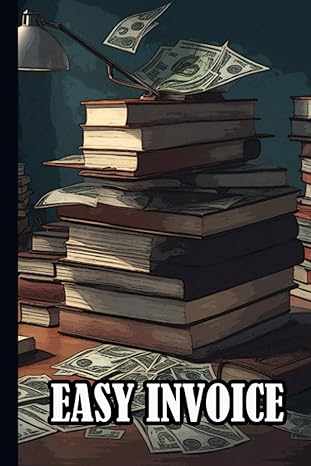Question
Central Savings Bank is a secured party on a $5,000 loan to Jonathan, who owns Cocktails, a nightclub. When Jonathan experiences financial difficulty, creditors other
Central Savings Bank is a secured party on a $5,000 loan to Jonathan, who owns Cocktails, a nightclub. When Jonathan experiences financial difficulty, creditors other than Central Savings Bank petition him into involuntary bankruptcy. The value of the secured collateral has substantially decreased in value. On its sale, the debt to Central Savings Bank is reduced to $2,500. Jonathans estate consists of $100,000 in exempt assets and $2,000 in nonexempt assets. After the bankruptcy costs and back wages to Jonathans employees are paid, nothing is left for unsecured creditors. Jonathan receives a discharge in bankruptcy. Later he decides to go back into business. By selling a few exempt assets and getting a small loan, he is able to buy the Idle Inn, a small, but profitable, restaurant. Jonathan goes to Central Savings Bank for the loan. The bank claims that the balance of its secured debt was not discharged in Jonathans bankruptcy. He signs an agreement to pay Central Savings Bank the $2,500, and the bank makes a new unsecured loan to him. Is Central Savings Bank correct that the balance of its secured debt was not discharged in bankruptcy? What is the legal effect of Jonathans agreement to pay the bank $2,500 after the discharge in bankruptcy?
Step by Step Solution
There are 3 Steps involved in it
Step: 1

Get Instant Access to Expert-Tailored Solutions
See step-by-step solutions with expert insights and AI powered tools for academic success
Step: 2

Step: 3

Ace Your Homework with AI
Get the answers you need in no time with our AI-driven, step-by-step assistance
Get Started


